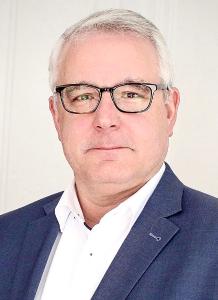Overall, the study shows that people from the centre of European society are more united than one would expect. 70 percent of respondents see themselves as Europeans, have a rather positive image of the EU and, for the most part, the same expectations of it: an active and efficient Europe that takes on more responsibility for the pressing issues of our time, in climate protection, migration, economic, foreign and security policy.
66 percent of people from the centre of European society want a stronger and more united EU at international level. This includes a stronger common voice in security and foreign policy as well as greater independence from other world powers (64 percent). However, the respondents see the greatest sense of urgency in the fight against climate change. For 67 percent, it is the most important field of action, together with environmental protection.
From a German perspective, the study surprised with several results: Germany is the only country where a sceptical attitude towards Europe prevails (57 percent versus 33). Especially with regard to coping with the pandemic, but also in economic policy, centre-right citizens in Germany give the European Union a significantly poorer assessment than respondents in most other member states.
Prof. Norbert Lammert, Chairman of the KAS and former President of the German Bundestag, therefore also sees a need to catch up in communicating EU policy content: "Europe must create a more unified political agenda, its decision-makers must emphasise the commonalities between people in almost all parts of Europe. Many citizens feel that they do not share values with other Europeans, when in fact they do. Highlighting a common approach to the key challenges of our time can help foster unity - both among centre right voters and their parties - and further improve citizens' attachment to the EU."
About the study:
Since May 2021, the European Union has been implementing an unprecedentedly complex, democratic experiment with the "Conference on the Future of Europe": a bottom-up debate on European reforms in which EU citizens have their say, can actively participate and formulate their expectations of the EU. In this context, KAS conducted a survey in 12 EU Member States at the end of 2021. The aim of the project was to find out what common values, views and expectations of European integration exist among this target group.



